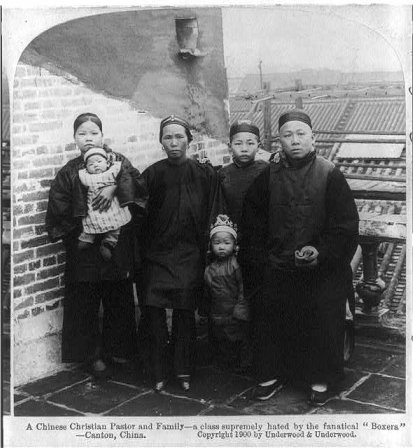In the past, Historic Joplin covered the story of “Cocaine Jimmy” Shannon, an unfortunate Joplin resident who succumbed to his love of the drug after repeated attempts to quit. Cocaine was not the only drug accessible to Joplinites. Opium, a drug that many often associated with Chinese immigrants, was also available in Joplin.
On a chilly morning in 1907, after week of surveillance confirmed their suspicions, Joplin Constable Dan Turnbull and Deputies Frank English, Lou Drane, Charles McDonald, and other officers burst into an opium den located at 102 North Main Street. Despite their belief that they would meet with opposition after breaching the door, no one inside the purported den attempted to resist the sudden intrusion.
The first individual the officers saw was an African American woman lying on a bunk in a “comatose condition” with an African American man passed out beside her. A pipe and pills were located next to them, further confirming the belief that drugs were being used by the building’s inhabitants. It was not long before opium fumes began to overwhelm the officers. Moving quickly, Deputy Constable English questioned the woman nearest to him, asking, “Where is that pipe?” The woman replied, “Oh, there ain’t no pipe here. That’s just the smell of some liniment we were rubbing on the sick woman over there.” With her hand, she indicated the “sick woman” was the African American woman passed out on the bunk. Satisfied they had enough evidence, the officers arrested everyone in the room, and then went through the rest of the building and arrested ever “suspicious character found therein.”
Altogether, fourteen African Americans were arrested and taken to jail. Charlie Jones, one of the men arrested, claimed he had arrived just a few days earlier from Texas. This bit of information led officers to believe that the opium may have been smuggled across the Mexican border and that Jones was possibly a member of a gang responsible for distributing the drug in the United States. Officers also seized a two foot long opium pipe, other miscellaneous smoking devices, and a large amount of opium that would have lasted the smokers “for weeks.” Harry Paskett, a man who allegedly “spent several years among the Chinese,” declared the pipe very valuable. Charlie Jones and Bertha Morris, two of the individuals arrested, were charged with operating an opium joint while the others would be charged with lewd conduct and disturbance.
Source: Joplin News-Herald


